Over nearly a decade, Spain’s trap scene has evolved from gritty underground subculture into the glossy soundtrack of the mainstream zeitgeist. Not unlike its Latin American peer, Spanish trap has matured and flourished beyond obvious urbano tropes. It’s now characterized by silky flows, elegant production, and charismatic standard bearers.
Stars like C. Tangana regularly top the Iberian charts, flirting with mainstream visibility and cultivating a devoted following across the pond. But like all hot trends, insiders are already on the hunt for the next fresh sound, leading many to believe they have found it in Barcelona-based newcomer MC Buseta.
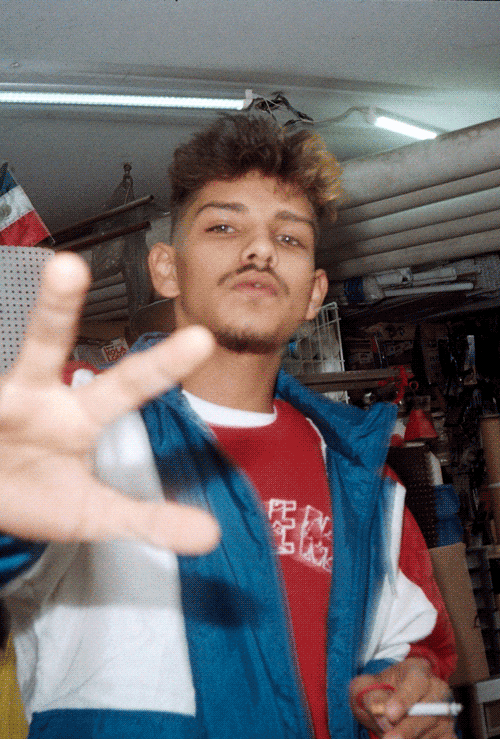
19-year-old Buseta hails from São Paulo, Brazil, migrating to Spain to live with his mother when he was 10 years old and unwittingly falling into the music game at age 17. An acquaintance of the group formerly known as PXXR GVNG, Buseta, known simply as João to friends, was invited to appear as an extra in the music video for the group’s “Como el Agua” single. Then opportunity knocked.
“I was invited to the video shoot,” shares Buseta over Skype, “and I was improvising with some friends at an after party, just freestyling and making fun of one another, until one of the PXXR guys came up and said, ‘You should come write with us,’ and that’s how everything started.”

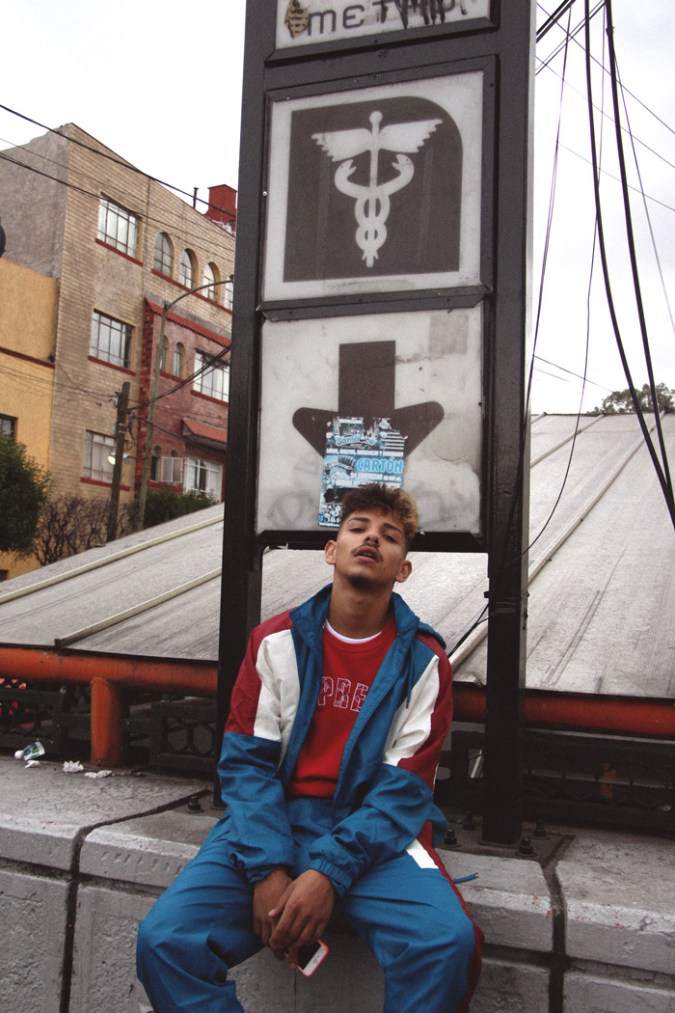
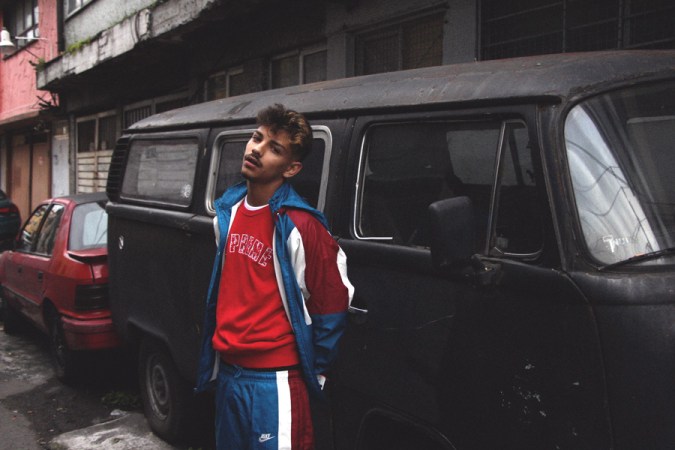
Buseta was swiftly drafted into a new urbano boy band named Los Sugus, affectionately nicknamed the “PXXR GVNG Babies” because of how young all four members were at the time. Counting rappers from Spain’s vibrant immigrant community of Dominicans and Brazilians among its members, Los Sugus were signed to La Vendición Records, a label that helped build the current Spanish trap wave, releasing a mixtape called Como Un Pez Fuera Del Agua and gaining a following as streetwise teen idols. But Buseta itched to go further.
“I decided to start focusing on myself,” he says. “I locked myself in the studio for like five days and started recording like crazy. That’s where I realized that everything I was giving was for me.”
Though Los Sugus never broke up and Buseta remains open to working with his old crew again, his solo career has blasted into wholly new musical territory. Buseta dropped his first EP Heart Breaker earlier this year, standing out from the trap pack with a sound heavily rooted in baile funk.
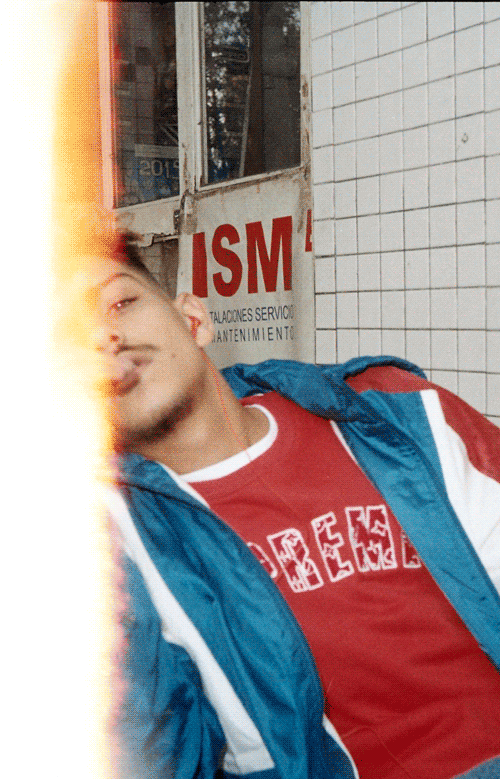
“I really mostly listen to baile funk,” he shares, acknowledging his love for trap, but drawing the clear distinction between the genre’s mainstream leanings versus the Brazilian rhythm’s underground appeal outside South America. “I see it as futuristic. In 10 years, I think it’ll be like trap – it’s going to be everywhere and right now I have the opportunity to break that ground here in Spain.”
Effortlessly weaving trap and baile funk, MC Buseta’s music is a revelation. The tenebrosity and lyrical acrobatics of a track like “Novinha,” which features Kaydy Cain and King Doudou on production, feels like a game changer in a genre where flows often become blurry in codeine-lagged drawl. On the flip side, Buseta’s exuberant collaboration with King Doudou on “Somos de Calle” expertly showcases the young rapper’s intuitive versatility, allowing him to shine on a sunnier instrumental while embracing the full scope of funk beats that feel like home.
Though his legend is just beginning, MC Buseta has already achieved several career milestones. In early 2018, he was tapped by Nike to appear in a highly publicized ad campaign for their AirMax 98 line. At the end of 2017, El País, Spain’s newspaper of record, dubbed him “El Rookie del Año.” He also performed in the Americas for the first time last month as part of Mexico City club extravaganza SUDA, billed alongside La Favi, Baby Bruise and more, and hailed as the evening’s explosive high point.
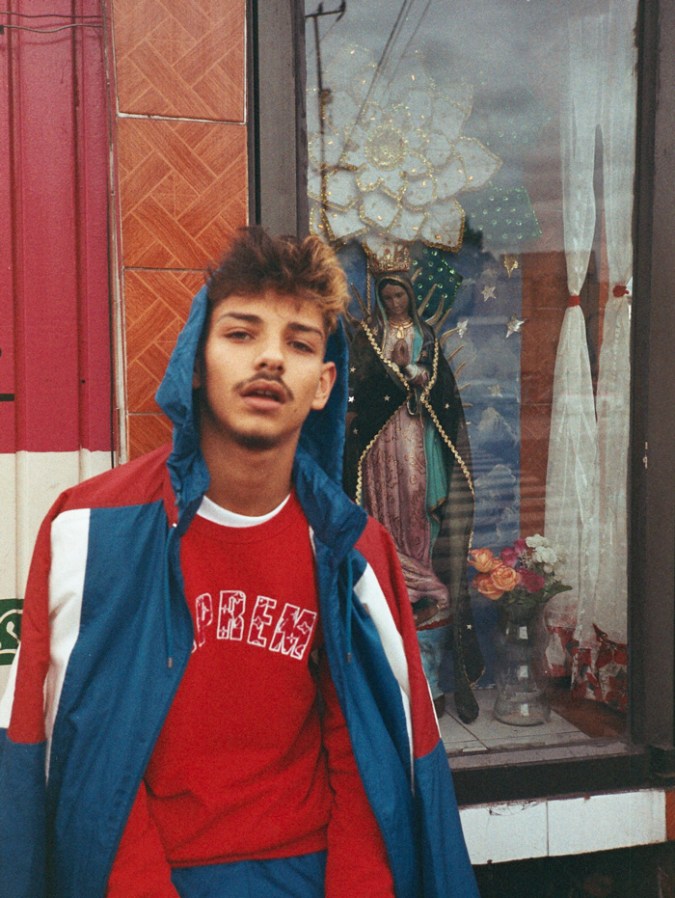
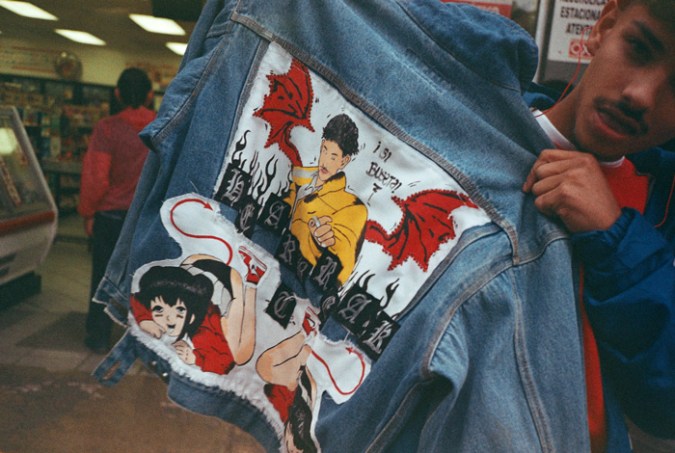
As if that weren’t enough, Buseta also confides new music is on the way. “We have two records ready,” he says, “one that’s baile [funk]-oriented and one that’s more on the romántico side.” He also name checks producers Alizzz, Paul Marmota and Florentino as upcoming collaborators, and though he hasn’t broken into the Brazilian market just yet, he is eager to someday work with artists like MC Bin Laden, MC Kevin, and MC Pikachu, whom he greatly admires.
Ultimately, MC Buseta is breathing electric new energy into Spain’s vibrant trap landscape by bringing his Brazilian roots into spaces that aren’t always welcoming to Latin American immigrants – less a symptom of the scene and more of the culture it lives within. But Buseta doesn’t let that slow him down, as evidenced by his innovative work and carefree attitude. As our conversation comes to a close, he sent a message to future fans: “Yeah, que si quieren bailar bien, que me llamen.”




